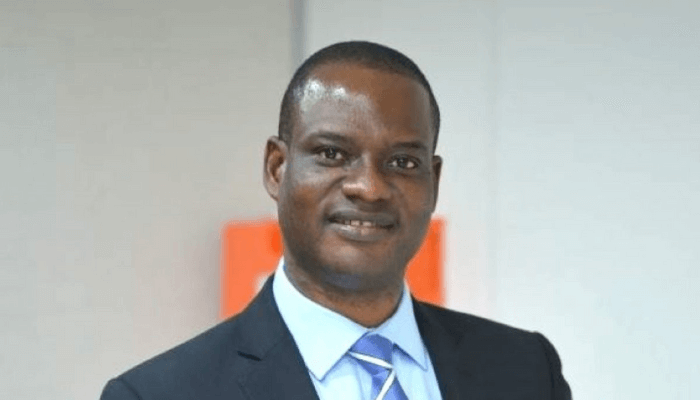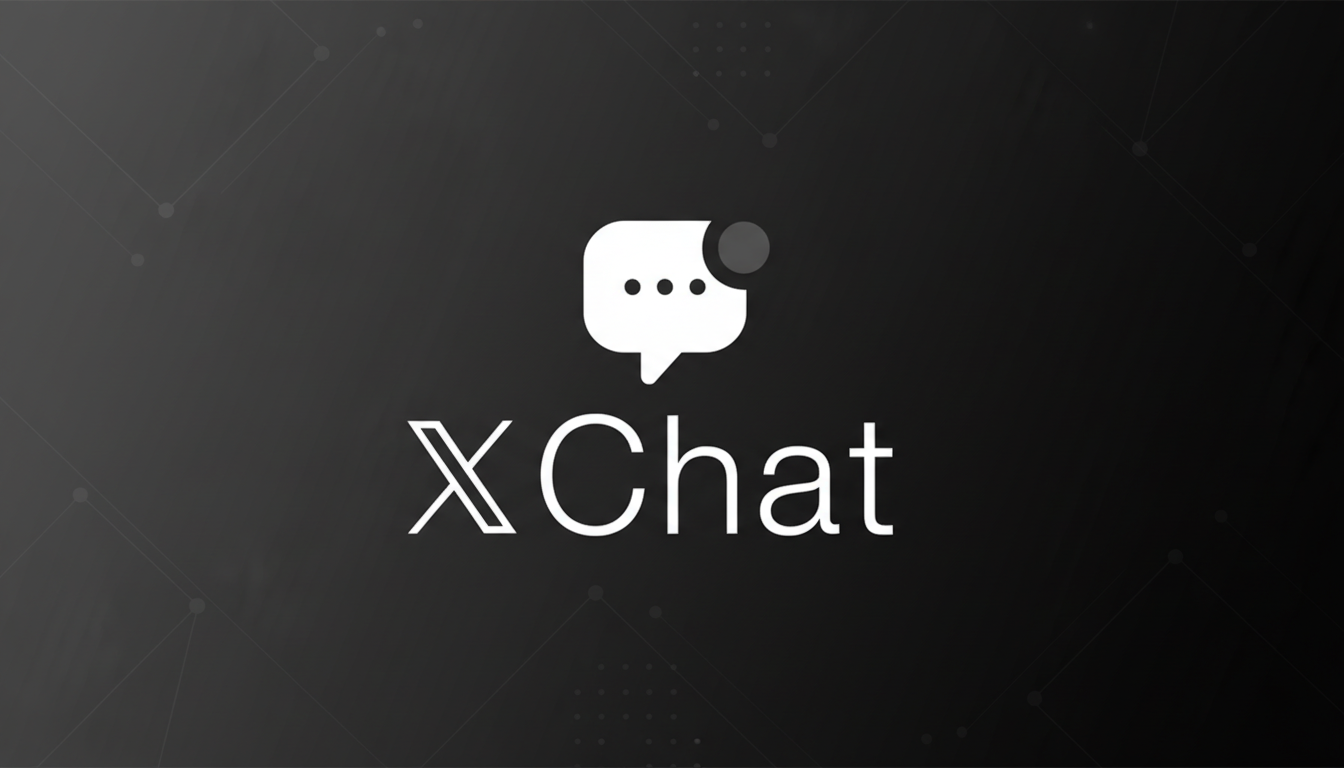Nigerian states have collectively expended approximately N139.92 billion on servicing external debt during the first half of 2024, according to an analysis of data from the Federal Account Allocation Committee and the National Bureau of Statistics.
This figure marks a dramatic 122% increase from the N63.06 billion spent during the same period last year.
The data reveals a significant escalation in debt servicing costs, with monthly expenditures climbing from around N9 billion to over N20 billion. This increase is likely attributed to the devaluation of the naira.
In January 2024, states spent N9.88 billion on external debt, a decrease from N13.67 billion in January 2023. This 27.7% reduction suggests some states had fewer debt obligations that month. The exchange rate during this period ranged between N830 and N1,000 to the dollar, reflecting a less pronounced impact on debt servicing costs in January.
However, by February 2024, debt servicing payments surged to N24.53 billion, a 148.2% increase from N9.88 billion in February 2023, indicating the currency depreciation’s effect on repayment costs. March 2024 saw the highest expenditure at N40.41 billion, marking a 309.1% increase compared to March 2023. This sharp rise may be due to higher maturing debt obligations at the end of the quarter.
From April to June 2024, monthly debt servicing costs stabilized at N21.70 billion, reflecting a consistent 119.7% increase compared to the same months in 2023. Despite a decrease from March’s peak, the high expenditure levels underscore ongoing financial pressures.
Kaduna and Lagos emerged as the top spenders on external debt servicing. Kaduna allocated N23.08 billion, a nearly threefold increase from N9.89 billion in the first half of 2023—an increase of 133%. Lagos State’s debt servicing costs surged from N16.88 billion in 2023 to N32.44 billion in 2024, a 92% increase. Together, these states accounted for 40% of the total debt servicing costs for the period.
Other states also saw notable increases. Cross River’s debt servicing costs jumped from N2.21 billion in 2023 to N7.87 billion in 2024, a rise of 256%. Bauchi State’s costs increased from N3.28 billion to N6.33 billion, a 93% rise. Ogun and Oyo states also experienced significant increases in their debt servicing expenses, with Ogun’s costs rising from N1.57 billion to N4.29 billion (173%), and Oyo’s from N2.61 billion to N6.36 billion (144%). Rivers State’s debt servicing costs grew from N1.76 billion to N4.62 billion, a 162% increase.
States like Ekiti, Cross River, and Ogun have voiced concerns over the escalating costs of foreign debt servicing, attributed to severe foreign exchange volatility. Some have suggested suspending repayments for multilateral loans to alleviate financial strain.
Ekiti’s Finance Commissioner highlighted how rising exchange rates have exacerbated the costs of debt repayment, while Cross River’s Finance Commissioner expressed concerns over reduced revenues impacting capital project funding.
Efforts to reduce domestic debt have been underway, with a 31% drop in total domestic debt from N5.86 trillion in Q4 2023 to N4.07 trillion in Q1 2024, and a 26% decrease from N5.48 trillion in Q1 2023. However, the sharp rise in external debt servicing costs raises concerns about the fiscal stability of Nigerian states, potentially diverting funds from crucial sectors such as health and education.










